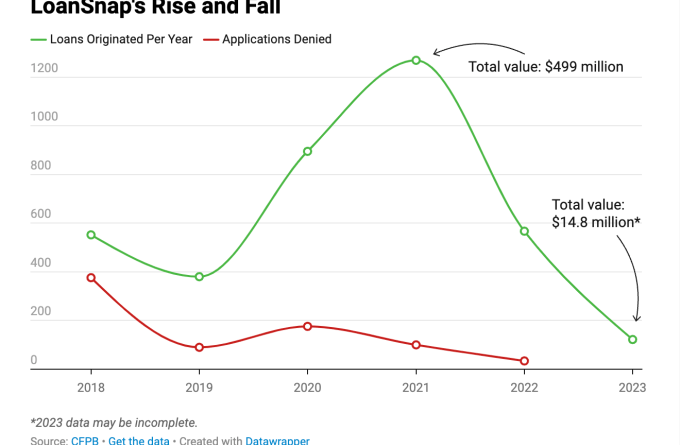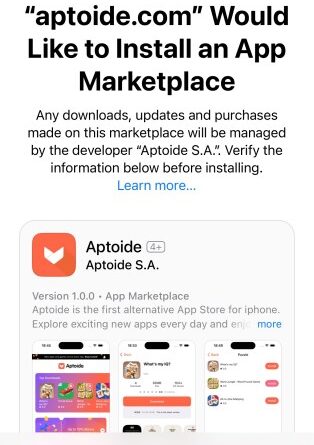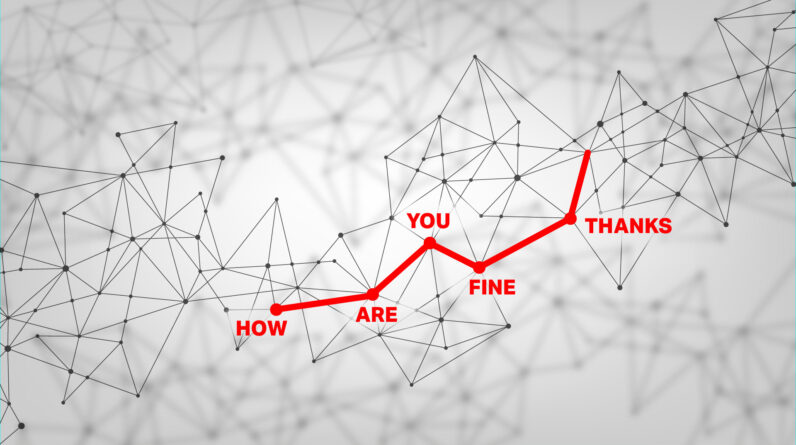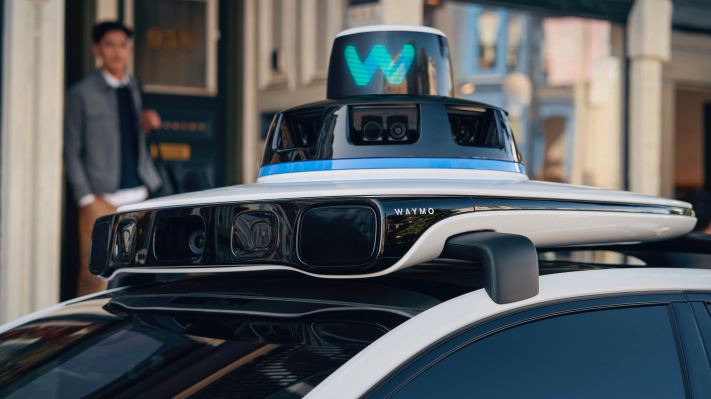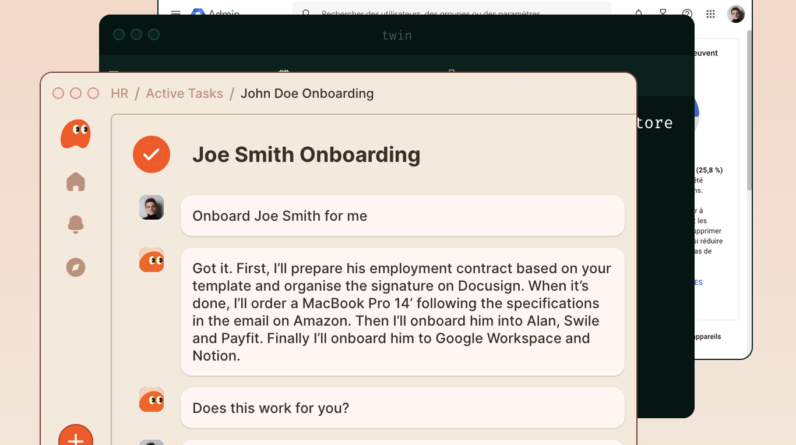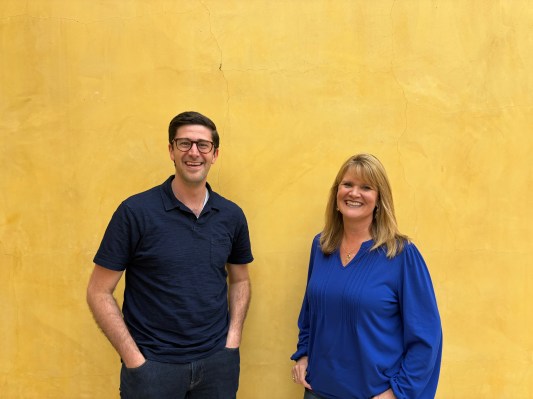There is a new war happening online: the browser war. Tech companies everywhere are seeking to integrate AI in browsers in an attempt to please and attract users looking for the best possible search experience.
This is according to a new article by FOX Business published on Friday.
This phenomenon was amplified with Microsoft’s announcement earlier this year that it would roll out a new AI-powered version of its Bing search engine and Edge web browser that will incorporate OpenAI’s ChatGPT.
It all started in 2012 when Google Chrome overtook Microsoft Internet Explorer as the most popular web browser. Since that time, it has more than doubled its worldwide share of browser usage from about 29 percent to more than 60 percent, a position it has retained since 2018, according to StatCounter.
Data from March 2023 show that Google Chrome’s market share is way ahead of its competitors at 64.8 percent , followed by Apple’s Safari at 19.5 percent , Microsoft’s Edge at 4.6 percent and Mozilla’s Firefox at 2.9 percent.
Making progress
That may soon change however as Microsoft CEO Satya Nadella announced during an earnings call this week that since the launch of the new AI-powered Bing search and Edge browser two months ago, the firm has been “making progress in share gains. Edge took share for the eighth consecutive quarter, and Bing once again grew share in the United States.”
To make matters worse, rumors reported in the New York Times have been claiming that Samsung was considering replacing Google with Bing as the default option for its devices.
Meanwhile, Mozilla recently introduced Mozilla.ai, a start-up whose goal is to develop a “trustworthy, independent, and open-source AI ecosystem.”
“We want to see more open-source AI tools but also AI tools that are trustworthy and responsible more generally,” Mozilla President Mark Surman told FOX Business.
“Right now, most AI tools are being developed by a handful of companies with a narrow set of incentives, like profit and engagement. We think consumers should have access to an alternative paradigm: AI that prioritizes incentives like human well-being and transparency.”
With so much competition revealing itself it is hard to predict who may win the web browser wars. One thing is for sure, the race will result in improved search experiences for all of us.

